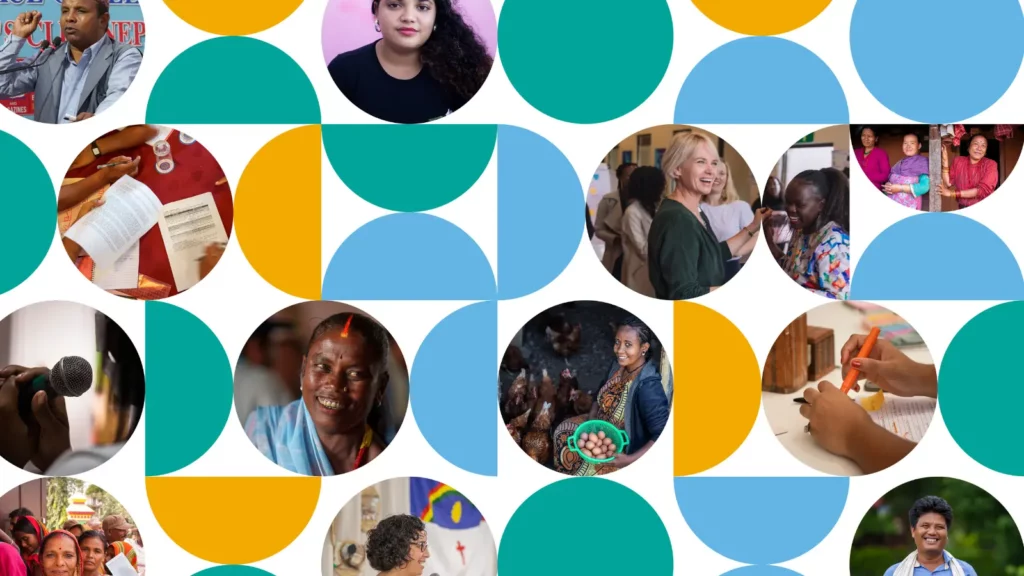3 minutes read
Funders are increasingly talking about localisation and wanting to channel their resources to frontline, grassroots organisations. It makes sense – funding these groups is an undeniably effective way to shift inequitable systems, support social movements, and have tangible impact.
Yet, historically, many donors don’t fund these frontline groups effectively, if at all. Donors frequently mistrust smaller and newer organisations, making assumptions about their capacity and shying away from investments that they deem high-risk. Without access to funding, these groups do not have the opportunity to build the power and resilience they need to be truly transformative.
At the Freedom Fund, we’re working to change this issue. In our new resource Funding Frontline Impact, we unpack 12 key principles for effective frontline funding that every donor should consider, no matter where or what you support. Here are three of the 12 key principles that donors or funders must take into consideration:
Principle #5 – Fund Overheads as Impact Costs
The Principle: Funders often expect grantees to deliver results without investing in their infrastructure, team, and overall institutional capacity. The traditional differentiation between ‘project’ and ‘overhead’ costs is a false dichotomy that devalues the work of organisation building and hinders sustainability.
In Practice: Eight years ago, the Freedom Fund began supporting frontline organisations to address the exploitation of migrant workers in the Thai seafood sector. While they had valuable local expertise and were trusted by their communities, these organisations struggled to meet the bureaucratic requirements of international donors, and this was hampering their success. If we hadn’t invested substantially in overheads, we would have missed an enormous opportunity to bolster our partners in the long term. Instead, in addition to their programmatic activities, we supported these groups to build up essential functions like HR, financial management, technical knowledge, monitoring and evaluation, and safeguarding. As a result, we’ve seen them scale their impact and raise more funding.
Principle #10 – Invest in Community
The Principle: Many funders have the benefit of a bird’s eye view across a thematic area or geography. The more you can build community around an issue, both among and beyond your grantees, the more you can help accelerate and deepen their impact.
In Practice: Frontline organisations often have to compete with one another amid a scarcity of available funding. To mitigate this, we commit to long term funding and facilitate Communities of Practice among our grantees, bringing them together every two months and providing joint trainings on topics of interest. When we began a Community of Practice in Ethiopia, some partners were hesitant, but after just six months, that began to shift and new collaborations began to form. Many years later, our grantees have joined together to change the way migration is perceived and regulated.
Principle #12 – Challenge Your Mindset
The Principle: The responsibility for challenging myths about frontline organisations (such as assumptions that they’re corrupt, they misuse funds, or they don’t care about safeguarding) lies with funders. Ask: What assumptions do you bring to your philanthropy? Who do you automatically trust? How does what feels impactful compare to what is needed to drive change? What risk do you bring to your grantees?
In Practice: Challenging our mindsets is an ongoing practice, and as a pooled fund, we’re constantly having to interrogate how we approach ‘risk’. We’re a grant-maker, but we’re also a resource mobiliser and have our own funders to whom we’re accountable. In our position, it would be easy to burden grantees with laborious due diligence and reporting, but that would undermine what we aim to do: unlock resources and remove obstacles for frontline groups. Of course, we still take partners through a due diligence process; however, if a potential grantee doesn’t initially meet our standards, but is committed to doing so, then we work together to help them to get there over time. We hire local advisors, who build close relationships with partners and can help them strengthen systems to mitigate risks.
In conclusion, these three principles are just the beginning. How you give is just as important as what you give to, and it’s time for funders to fully lean into this reality – and potential. The world’s crises are far too urgent for us to keep getting in our own way.


















